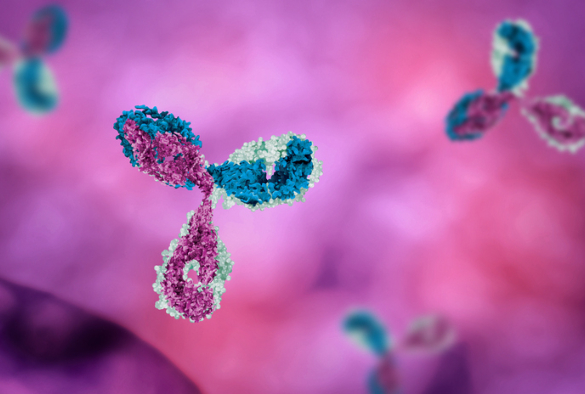Research Identifies Surprising Immune Responses to Adenoviral COVID-19 Vaccines
Researchers from the University of Liverpool’s Centre for Drug Safety Science have identified unpredicted T-cell immune responses to the adenoviral (Oxford/AstraZeneca and Janssen) COVID-19 vaccines, but not to the mRNA vaccines.
Using blood samples from healthy participants collected ten years prior to the COVID-19 pandemic, and therefore before any of the COVID-19 vaccines were developed, the researchers investigated how immune cells in blood – including cells called T lymphocytes, which are important in mounting immune responses to viruses and bacteria – responded to the different vaccine types.
The study showed that between 90-95% of participants who donated blood samples unexpectedly produced strong T-cell responses following exposure to the adenoviral vaccines in a laboratory setting.
The AstraZeneca ChAdOx1 vaccine, now no longer in use, was developed from the chimpanzee adenovirus because previous studies had shown a low frequency of antibodies (also called low seroprevalence) which reacted against this virus. This low frequency would therefore help in developing a protective immune response to the COVID-19 virus. The same rationale was used in the development of the Janssen Ad26.COV2-S COVID-19 vaccine. Both vaccines were shown to be efficacious against the virus in randomised controlled trials, and the AZ vaccine has been administered to more than 3 billion people globally.
This new finding of strong T cell responses in pre-pandemic blood samples is therefore unexpected and suggests that there is widespread cross-reactivity between the adenoviruses used in the vaccines and the adenoviruses that naturally circulate at high levels in the human population.
Study researchers note that consequences of this for the efficacy of the two vaccines is unclear and therefore further work is required to understand the mechanism of this cross-reactivity, and more carefully evaluate the prevalence of antibodies and T cells to circulating adenoviruses in people from different parts of the world.
This study was part of the Thrombotic Thrombocytopenia Syndrome (TTS) Consortium, supported in late 2021 by the National Institute for Health Research and backed by government funding from the Vaccine Taskforce to understand the reasons why there were rare instances of blood clotting with low platelets in some people who received the AstraZeneca and Janssen vaccines.
Chief Investigator of the TTS Consortium, Professor Sir Munir Pirmohamed, said: “The unexpected finding of pre-existing T cell reactivity towards the AstraZeneca and Janssen vaccines may have implications for why some people rarely developed TTS with these vaccines. There is now emerging data which shows that natural infection with adenoviruses, in the absence of COVID-19 vaccine administration, can also lead to the syndrome of blood clotting associated with low platelets.”
Any adverse events linked to the T-cell responses identified in this study would have been experienced in the short period of time following vaccination, so these findings are not a cause for concern for those previously vaccinated with Oxford/Astrazeneca, say the researchers.
Lead researcher on the project, Dr Joshua Gardner, from the Centre for Drug Safety Science within the University’s Department of Pharmacology and Therapeutics said: ‘’The findings of our study highlight the need to better understand the immune cross-reactivity of T cells between naturally circulating adenoviruses and those adenoviruses employed in the development of the COVID-19 vaccines. This may have implications for both the efficacy and safety of future vaccines, not only for COVID, but also for other infectious diseases”.

